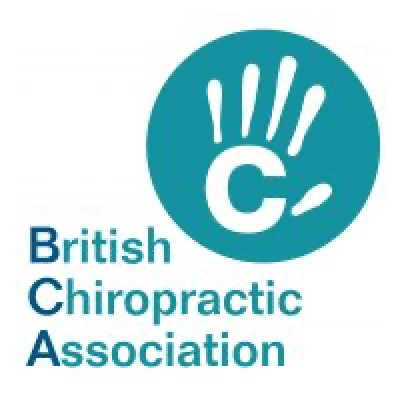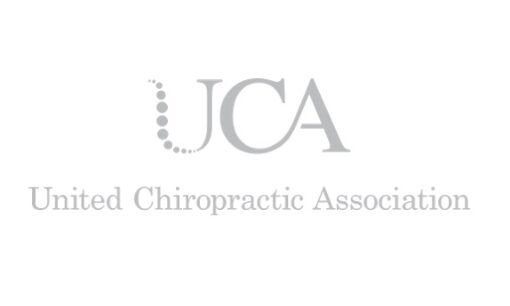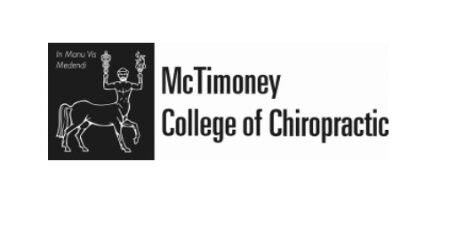Stress and Muscle Tension
!!STRESS!! I’m sure the majority of the British population has experienced this at some time or another over the last 12 months. You can count on a global pandemic to unify us with this as a common interest. Even though we are on our own individual ship with different problems, we have been catapulted into the same eye of the COVID storm. Pandemic aside, stress is unfortunately a very common occurrence in our modern day society, and something that we deem as normal or maybe don’t even recognise as a ‘stress’. Time keeping through out the day can lead to low levels of constant stress. It doesn’t have to be BIG life events or dramas that create a chemical change within us.
Stress affects all of the systems of the body including muscular, respiratory, cardiovascular, endocrine, gastrointestinal, nervous and reproductive systems. We are able to deal with stress in small doses, it can even be beneficial in small bouts. When this stress becomes constant and chronic, it has very serious effects on your body.
How and why?
When you are stressed, your muscles tense up. This is your body’s way of preparing our fight or flight mechanism to avoid any pain, injury or death. This was ideal when we had predators but unfortunately, we now use this stress response constantly! Once this stress is reduced, your body is able to release this tension, returning to it’s rest and digest mode.
Chronic stress causes the body to be in a constant state of readiness and guardedness. Muscles are held in tension for long periods and this can lead to pain and discomfort. This can also lead to other stress related disorders such as headaches, migraines and IBS symptoms.

What effect does this have on my body?
Muscle tension can also lead to postural changes such as rounding of the shoulders. This further exacerbates the symptoms of headaches and migraines. Altered posture due to stress, increases the likelihood of other musculoskeletal problems. For example, rounded shoulders and altered head carriage, increases the risk of shoulder impingement, frozen shoulder and Cervical disc bulges.
Stress may cause you to alter how you perform your normal daily tasks. This may include completing lifting tasks with poor technique as you feel rushed and fatigued. You may be bashing the keyboard harder at work because you feel angry/upset, or slumping on your desk due to feeling depressed. These changes alter the bio-mechanical load for that task, leading to further tension and postural changes.

The longer you have experienced stress, the more effects your body will have absorbed, leading to more entrenched postural changes and a steeper uphill battle to try and resolve these problems. It just becomes a vicious cycle!
Stress has been shown to alter perceptions of pain and lead to altered cognitive responses. In some people, stress will make their pain worse. They become hypersensitive to any changes and will report much higher pain levels. This can lead to catastrophizing your pain, which inhibits your ability to recover quickly. On the other hand, stress can lead to a decrease in pain perception by desensitising the nerves, allowing you to regard your pain as “normal”. Allowing chronic pain and dysfunction to go untreated will only make the problem worse and lead to more serious conditions in the future.
So, what can you do about it?
Here are my top 5 ways to deal with stress.
- If the sink is overflowing, the first thing to do is turn the tap off. Reducing the stresses you are experiencing is the first priority. Try to identify the main sources of your stress, whether these may be work, family or money related. Talking to trusted friends, family or trained professionals can all help to get you on the path to building strategies to cope and deal with the pressures you are under.
- Fuel your body correctly. Eating a healthy balanced diet will help you to avoid the peaks and troughs in mood and energy that a diet high in processed and sugary foods will produce. Avoiding alcohol and smoking are also essential for reducing stresses on your body. You may think it’s what you need to relax, but actually this promotes the inflammatory process which increases pain.
- Exercise! Your body loves movement. Exercise can help to alleviate the muscle tension that work related stress and poor posture causes. It also improves your mood by releasing endorphins which will increase your general sense of well-being and help you with coping. Pilates is fantastic for reducing muscle tension by strengthening specific postural muscles, taking the pressure off the overworked muscles.
- Get a good night’s sleep. Sleep is essential to allow our bodies to rest and our brains to recharge. A lack of sleep can have a detrimental effect on muscle repair, mood and memory.
- Sports Massage is a great way of reducing stress by increasing your sense of relaxation and reducing muscular tension associated with chronic stress. Having treatments and discussing a plan of treatment with your practitioner can really help you to feel empowered that something can be done to help. Improving perceptions of pain and leading to an increased likelihood of recovery.
Need our help?
If you have any questions or want to discuss strategies for dealing with stress, please do not hesitate to contact me at jj@tivolichiropractic.co.uk
If you could do with a sports massage to help with your stress and muscle tension, you can BOOK ONLINE
For more information on the effects of long term stress on the body, check out one of my favourite books Why Zebras Don’t get Ulcers for an interesting read!
Read our next article “Let’s talk about Incontinence” by Women’s Health Physiotherapist, Louise Rahmanou.





















